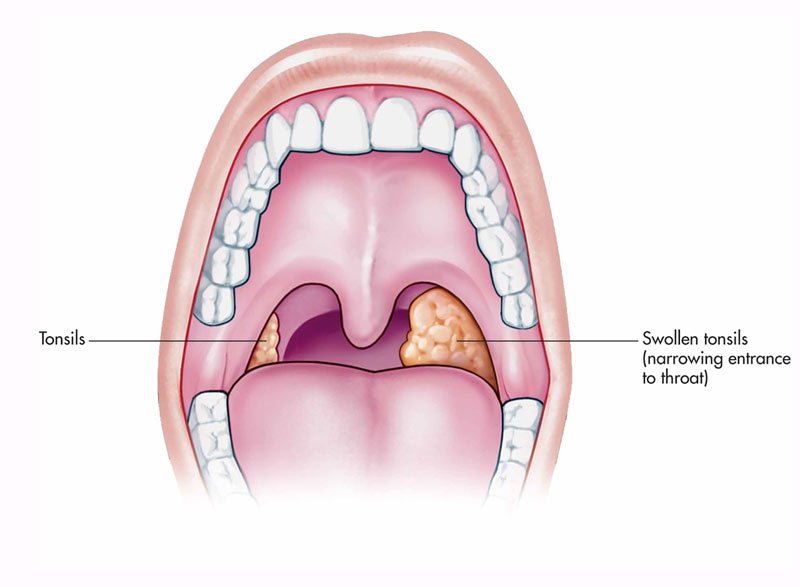About Us
Tonsillitis: Understanding the Inflammation

Diagnosis: Getting a Clear Picture
Our experienced otolaryngologists (ENT specialists) will perform a thorough examination to diagnose tonsillitis. This may include checking your throat for redness and swelling, feeling your lymph nodes for tenderness, and potentially taking a throat swab to identify the cause (bacterial or viral).
Advantages of Choosing Surgical Care Experts:
- End-to-End Care: We handle everything from initial consultation to surgery (if needed) and post-operative care, ensuring a seamless experience.
- Experienced Team: Our board-certified ENT specialists have extensive expertise in diagnosing and treating tonsillitis.
- Personalized Approach: We tailor treatment plans to your individual needs and severity of symptoms.
Focus on Comfort: We prioritize your well-being, offering a range of treatment options and managing your pain effectively.
Symptoms of Tonsillitis:
- Sore throat, often severe
- Fever
- Difficulty swallowing
- Swollen lymph nodes in the neck
- Earache
- Fatigue
- Bad breath
Causes of Tonsillitis:
- Viral Infection: The most common cause, including viruses responsible for the common cold.
Bacterial Infection: Less frequent, but can be treated with antibiotics.
When to See a Doctor
If you experience persistent or severe tonsillitis symptoms, difficulty breathing, or white pus patches on your tonsils, consult an ENT specialist right away.
Risk Factors and Complications:
While generally safe, tonsillitis can sometimes lead to complications like ear infections, sleep apnea (breathing problems during sleep), or dehydration. Risk factors include frequent throat infections, allergies, and enlarged tonsils.
Prevention:
- Frequent handwashing can help reduce the spread of viruses and bacteria.
- Maintain good oral hygiene to minimize throat irritation.
- Get enough sleep to support your immune system.
Patient Testimonials



FAQ's
Treatment depends on the cause. For viral infections, rest, fluids, and pain relievers are usually sufficient. Bacterial infections require antibiotics. In severe or recurrent cases, tonsillectomy (surgical removal of tonsils) may be recommended.
Recovery typically takes 3-7 days with proper care.
Modern surgical techniques and pain management medications minimize discomfort. Most patients experience manageable soreness after surgery.
Risks are minimal but can include bleeding, infection, and difficulty swallowing. Talk to your doctor about potential risks and benefits.


